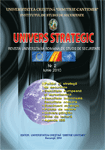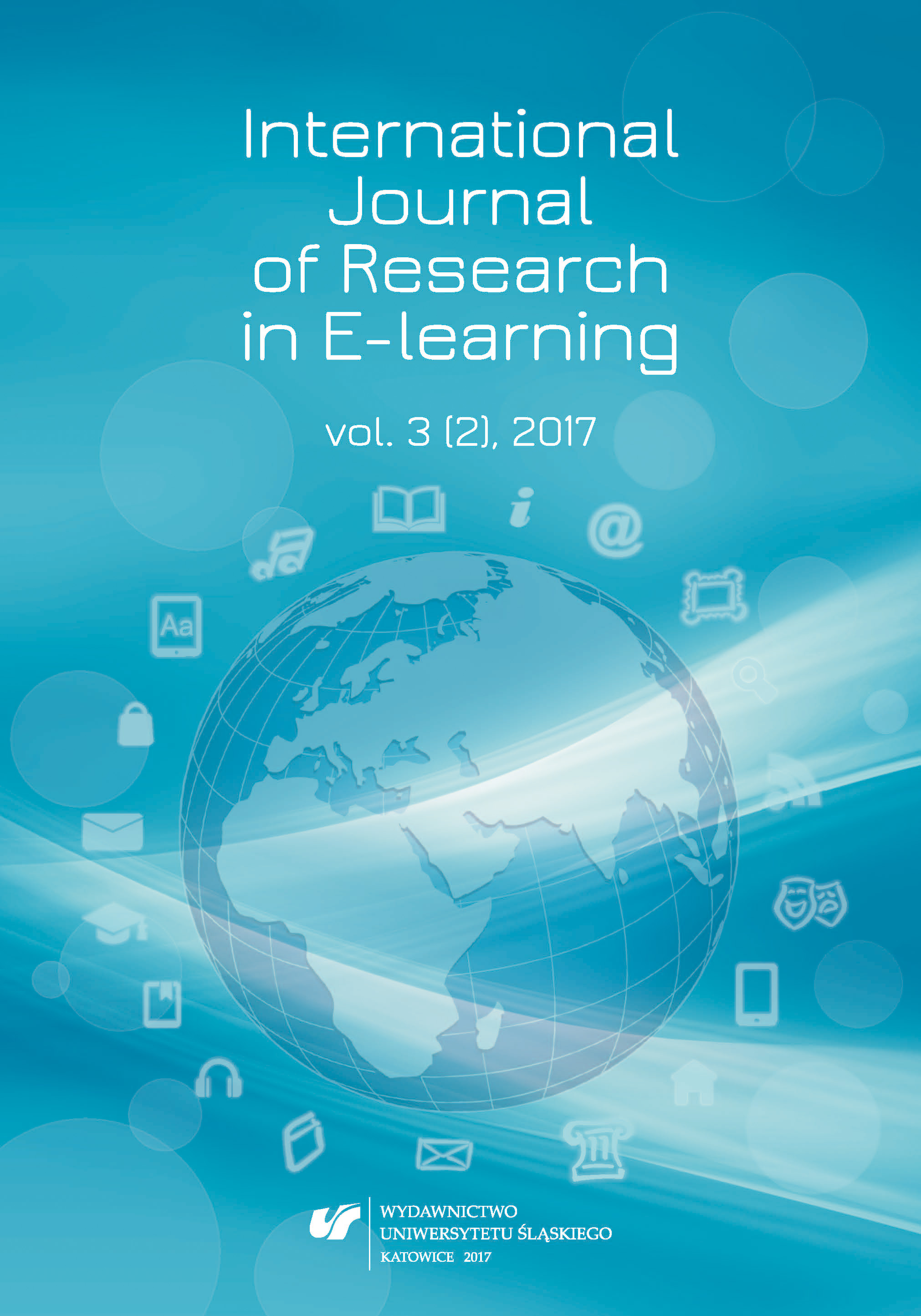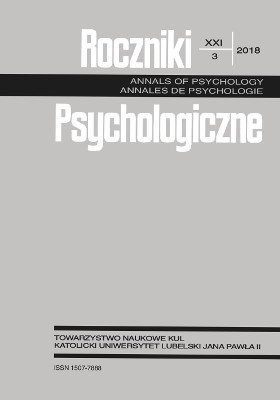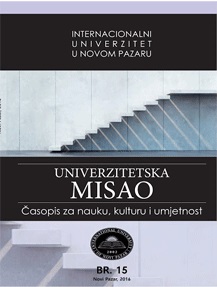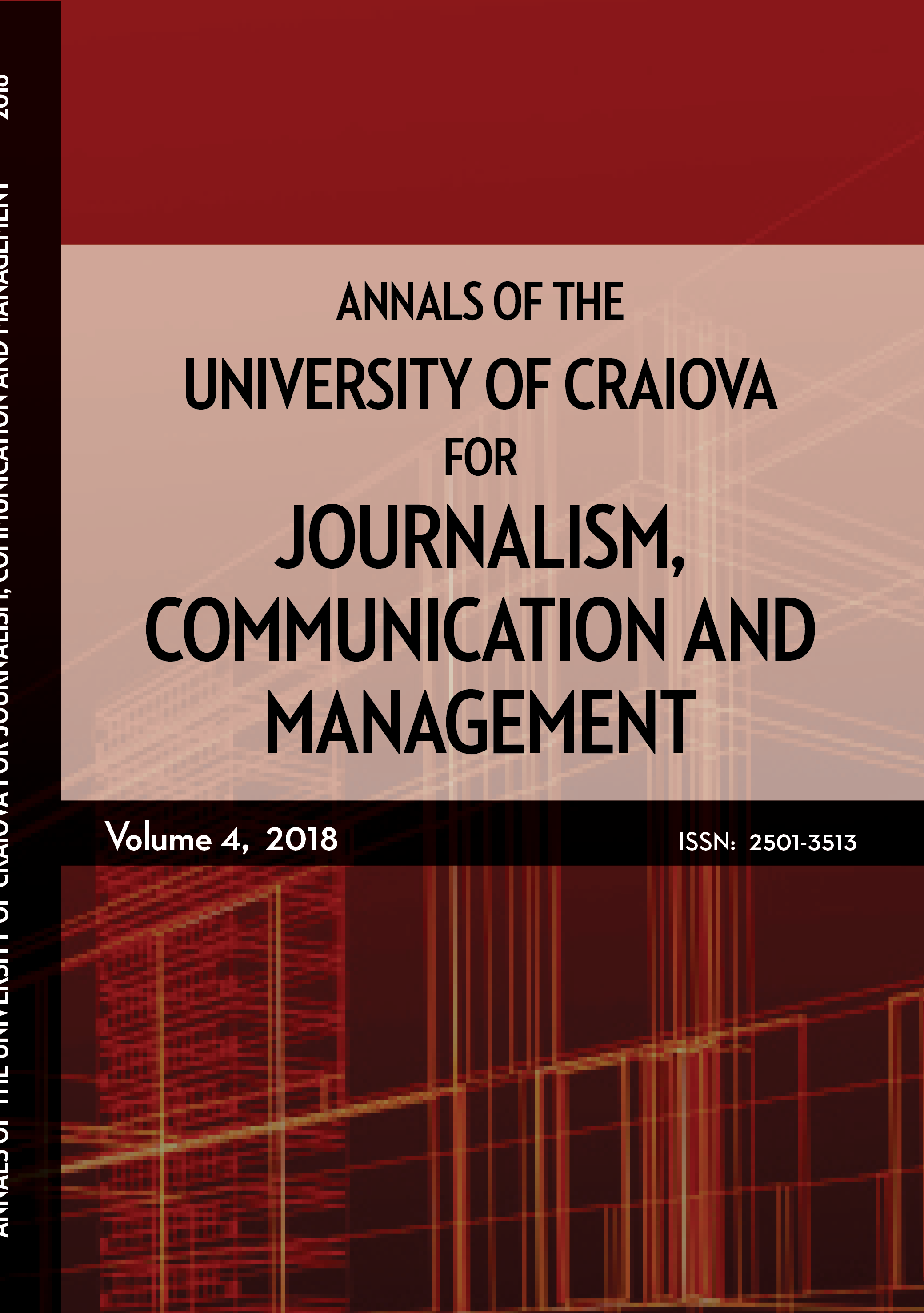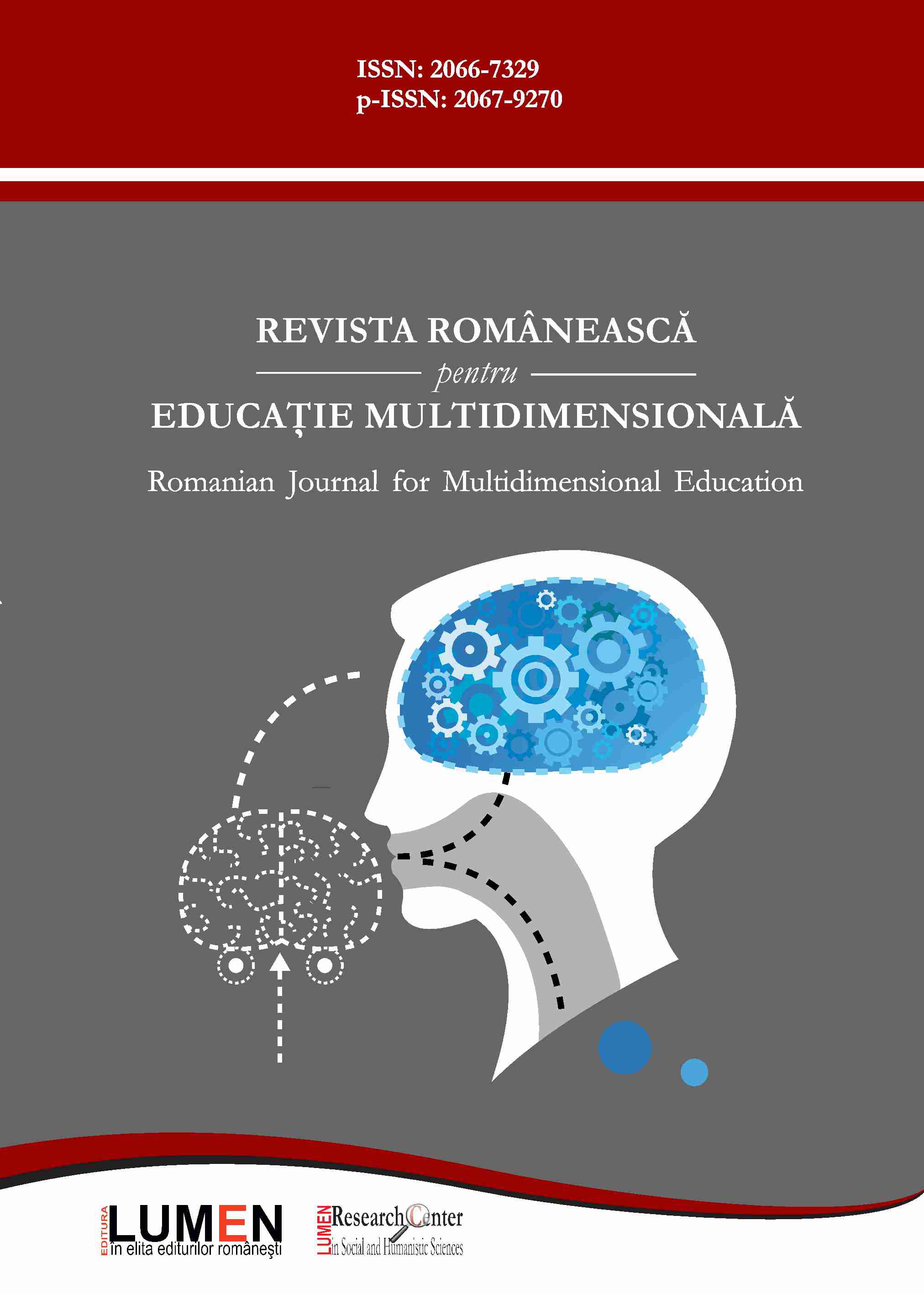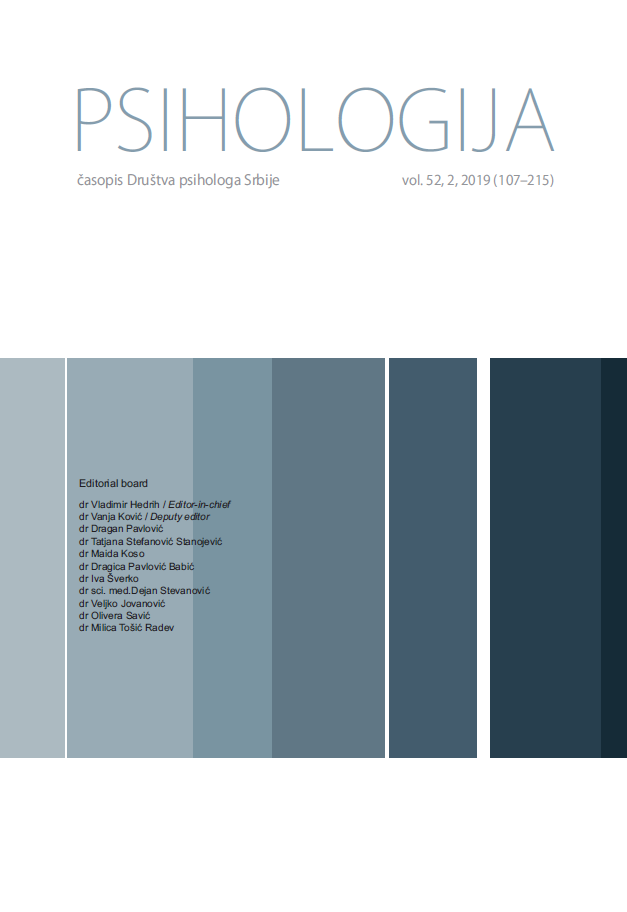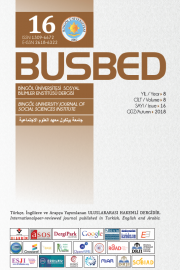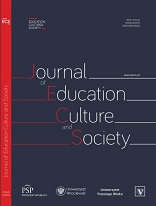Author(s): Helena Maria Sabo / Language(s): English
Issue: 9/2011
Alternative constructivism is considered to be possible theoretical ground for dealing with education as a factor of intercultural education. Therefore the introductory part of the text takes it into consideration from the angle of Kelly’s theory of personal constructs. From the standpoint of education as a factor of intercultural communication it could be hold that education is a going on phenomenon we understand anticipating it. Therefore psychology of personal constructs is interested in anticipations, i.e. constructs of people, rather than material objects existing regardless of human experience. Knowledge on other cultures is not limited to inherent qualities of the culture itself (European or national) and independently of the act of learning itself; it is rather limited by imaginative capacity of human mind, implicitly emphasizing limitations of reaches of all insights, as well as cultures due to the fact that it is subjected to replacement and revision. All this, as an attempt of argumentation of the frame for the thesis underlying the text refers to the issue of education as a factor of intercultural communication. Europeanization of education leads to Europeanization of people, pointing to the level of readiness of cultural space of Europe to get into national culture through education, leading to pluralism in contemporary pedagogy turning to value issues disputing legitimacy of tradition. For pedagogy this means rejection of the possibility of normative pedagogy, i.e. fragmentation of educational system according to worldviews. In this setting, aspirations to interculturalism are considered to be pluralistic content, i.e. educational context. It is considered in the text in what a way pedagogy searches for the ways of better self-perception and morally reflexive selfguidance and self-change to ensure the freedom of personal action, all this under the influence of contemporary philosophical discussions, focusing on the ways enabling pedagogy to be open for insecure forms of praxis, according to Habermas model of interest in phenomenologicalanthropological and holistic tradition of thought, i.e. to be open for ideas and cases acknowledging more freedom and competences to a teacher and emphasizing individuality of a student and his/her ability for social action. Finally, the text analyses key competences of education for intercultural communication: skills of self-understanding, cooperation, efficiency, self-organization, competency of comprehensiveness.
More...




